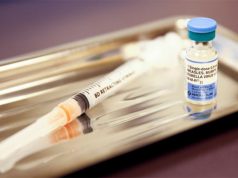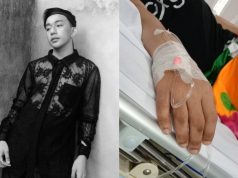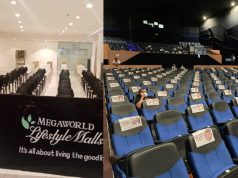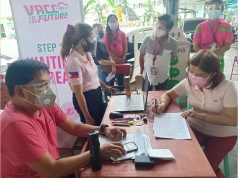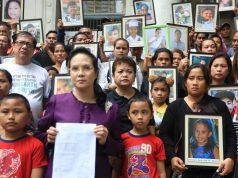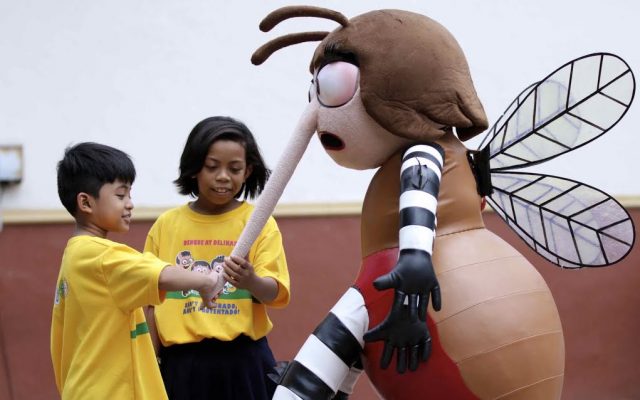
The Department of Health will be reviewing the government’s dengue immunization program after the last of three doses is delivered to public school children.
Department of Health Secretary Paulyn Rosell-Ubial said that an expert panel had recommended that the DOH give all three doses of the vaccine, and then review its effect on the population.
“The safety of the vaccine is not in question,” Ubial stressed.
But government health programs, she said, had to be reviewed not just for safety, but also for cost-effectiveness, too.
Ubial’s predecessor Janette Garin had previously told reporters that the DOH bought the Food and Drug Administration-licensed Dengvaxia, developed by Sanofi Pasteur, at P1,000 per dose. This amount included syringes, vaccine carriers, surveillance and monitoring, and implementation costs.
Three doses were procured for one million children, and each dose was given every six months. School-based dengue immunization was launched in April last year.
According to DOH, the number of dengue cases reported to its Epidemiology Bureau had decreased. From January 1 to May 20, there were 35,973 dengue cases in the country, which was 31 percent lower compared to the same period in 2016.
Central Visayas Region had the highest number of cases at 15 percent, followed by Central Luzon Region at 13%, and National Capital Region, 12%.
Some 54% of those who had contracted dengue were males, and 21% were aged five to nine years old.
There were 207 reported deaths.
For its part, vector control solutions provider Bayer launched the Mosquito Quest App, “a virtual reality experience… where users test their knowledge to identify potential mosquito breeding sites at home,” said Bayer Asia-Pacific Innovation Manager Jason Nash in a press release.
The company hoped this would enable kids to have fun while learning about mosquito control. The mobile application could be downloaded on the Apple App Store and Google Play.
At the same time, it introduced the Mosquito learning Lab, which could be accessed at bit.ly/bayermosquitolearninglab. So far, 1,500 children had used the online learning tool since it was first launched in Singapore in 2015.
Users could learn about dengue and zika, how to manage the diseases, and how to prevent mosquitoes from breeding at home.
Nevertheless, Nash said in an e-mail interview, “Bayer strongly advocates an integrated approach to manage mosquito-borne diseases, and we engage with mosquito control experts from all over the world to implement this program.”
The World Health Organization recommended “simple measures” against dengue, such as installing window screens; wearing light-colored and long-sleeved shirts, as well as pants; using insect repellent; and sleeping under an insecticide-treated bed net.
The DOH also recommended the 4 o’clock habit, “a once-a-week search for key containers and other breeding sites of mosquitoes, and eventually destroy them at 4 o’clock in the afternoon in every household.”
Examples of breeding sites, according to WHO, were flower pots, used tires, and old containers.





